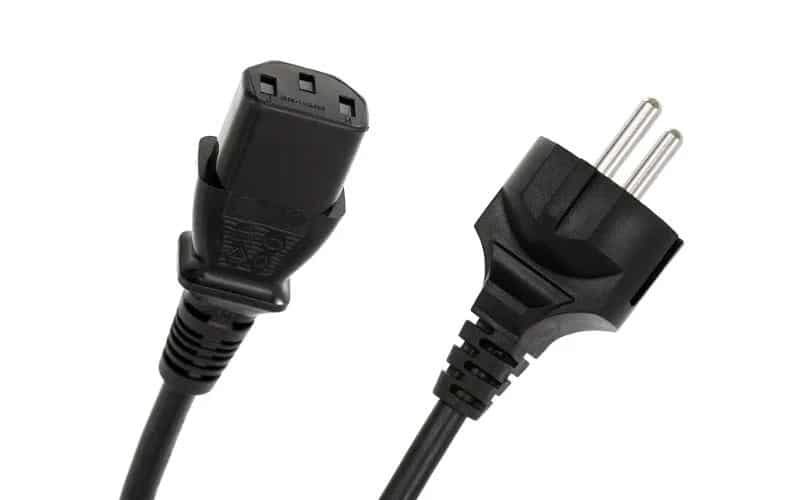
Overview of TUV Certification
- Definition: TUV certification, short for Technischer Überwachungs-Verein (Technical Inspection Association), originated from the German Steam Boiler Inspection Association established in 1872. It is now one of the globally recognized safety certification marks.
- Purpose: The primary aim of TUV certification is to prevent various hazards that may arise during the use of electrical appliances, machinery, automotive products, etc., such as electric shock, overheating, fire, mechanical danger, radioactive danger, and chemical danger, thereby ensuring personal and property safety.
- Organizations: The largest and most recognized TÜVs in Germany are TÜV Rheinland and TÜV Süd. They are recognized inspection agencies in Germany and are certification bodies alongside FCC, CE, CSA, and UL.
Significance of TUV Certification for IEC Connectors
- Safety Assurance: As a key component in power transmission and distribution, the safety of IEC connectors is crucial. TUV certification ensures that IEC connectors comply with relevant safety standards in their design, manufacture, and use, providing reliable safety assurance for users.
- Market Access: In many countries and regions, particularly the European market, products must obtain corresponding safety certifications to enter the market. As one of the internationally recognized safety certification marks, TUV certification provides the necessary qualifications for IEC connectors to access these markets.
- Enhanced Competitiveness: In a competitive market environment, IEC connectors with TUV certification can more easily gain the trust and favor of users. This not only enhances the product’s market competitiveness but also helps establish the corporate brand image and reputation.
- Simplified Certification Process: When applying for the TUV mark, companies can simultaneously apply for a CB certificate, which can be converted to obtain certificates from other countries. Furthermore, after the product passes the certification, German TÜVs will recommend these products to rectifier manufacturers who inquire about qualified component suppliers. During the certification process for the entire product, any components that have obtained the TUV mark can be exempted from inspection.
Specific Requirements for TUV Certification
- Certification Application Form: Companies need to submit a detailed certification application form, including the product’s basic information, technical parameters, etc.
- Technical Documentation: This includes circuit schematics, user manuals, product specifications, etc., to demonstrate that the product complies with relevant safety standards.
- Sample Testing: Companies need to provide samples that meet the requirements for testing by the TÜV agency. The testing will be conducted in accordance with applicable standards to ensure that the product meets safety requirements in practical use.
- Factory Inspection: TUV certification usually requires an inspection of the production site related to safety procedures to ensure that the product’s production process complies with relevant standards.
Conclusion
In summary, TUV certification is of great importance for IEC connectors. It not only provides safety assurance for the product and enhances market competitiveness but also helps simplify the certification process and reduce costs for companies. Therefore, it is a wise choice for companies that manufacture and sell IEC connectors to actively apply for TUV certification.


